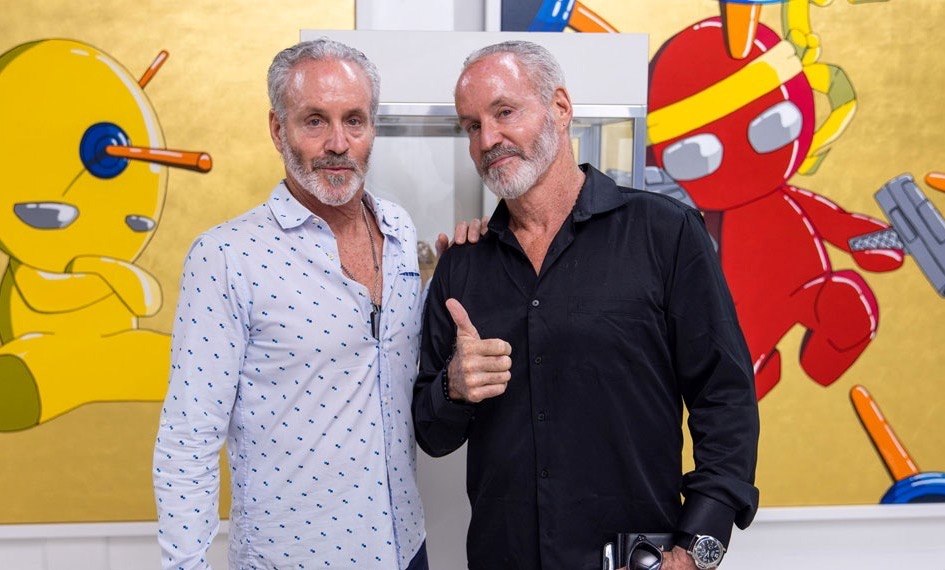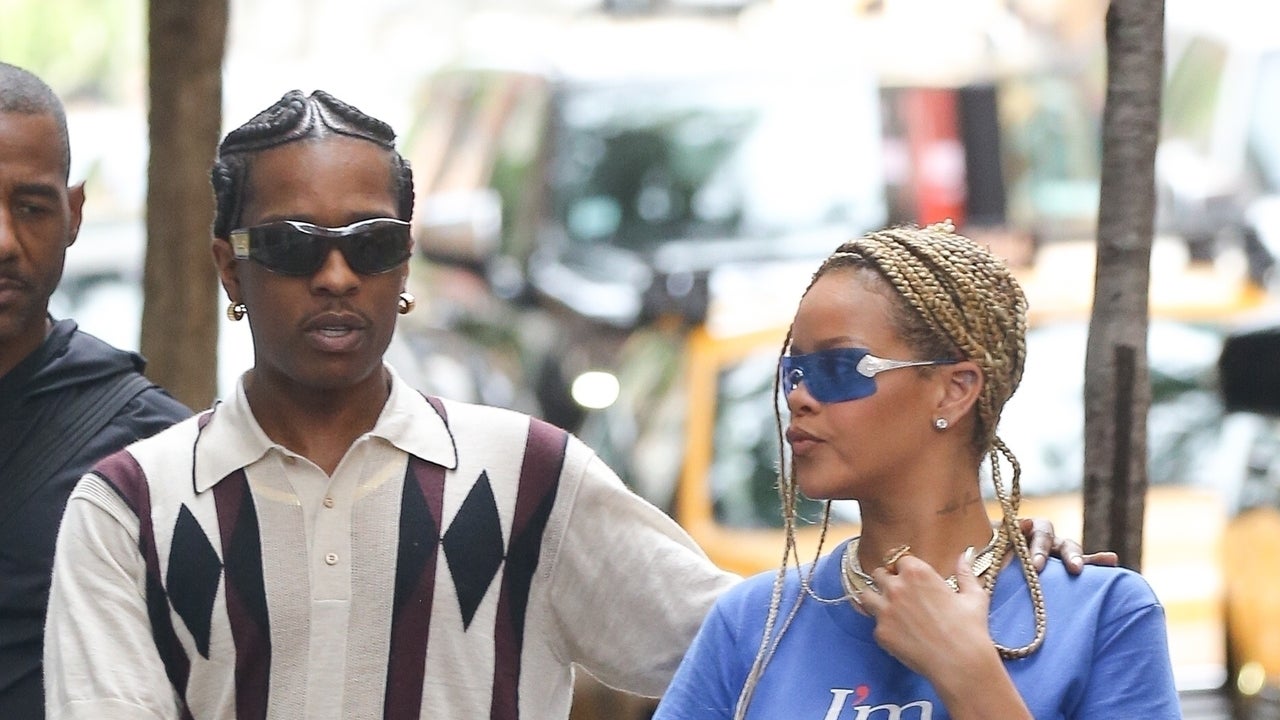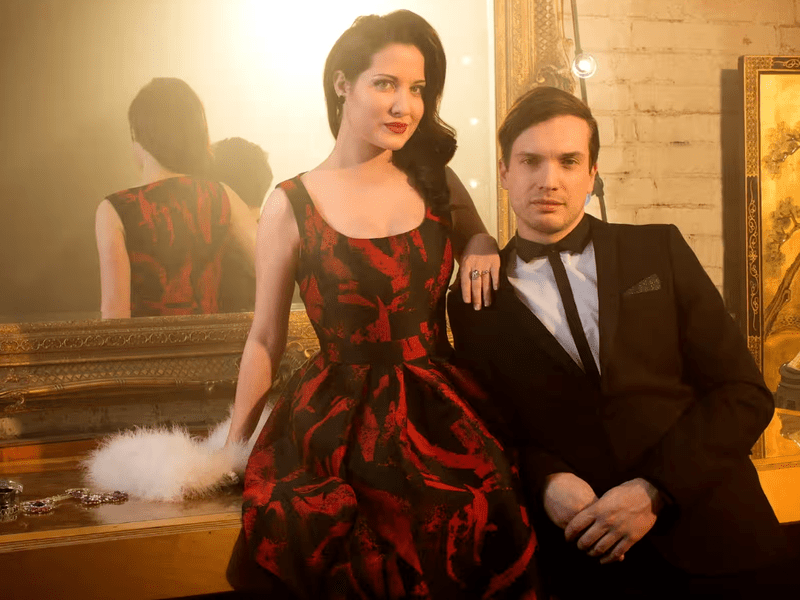
Ireland’s RTÉ has become the fourth broadcaster to publicly request Eurovision organisers at the EBU to facilitate a discussion about the inclusion of Israel in the song contest.
The request was sent by the broadcaster’s Director General, Kevin Bakhurst. This followed a call from RTÉ members of the National Union of Journalists (NUJ), who asked the broadcaster to formally oppose Israel’s participation.
RTÉ calls for discussion on Israel at Eurovision
Mr Bakhurst did not go to the full lengths of what the NUJ members called for. Instead, in line with other European broadcasters, he suggested that an open debate on the matter should take place:
“I am appalled by the ongoing events in the Middle East and by the horrific impact on civilians in Gaza, and the fate of Israeli hostages.
“Notwithstanding the fact that the criterion for participating in the Eurovision Song Contest is membership of the European Broadcasting Union, RTÉ has nonetheless asked the EBU for a discussion on Israel’s inclusion in the contest.
“In doing this, we are mindful of RTÉ’s obligations as an independent, impartial public service news and current affairs provider, and of the need to maintain RTÉ’s objectivity in covering the war in Gaza. We are also very mindful of the severe political pressure on Israel’s public service broadcaster, Kan, from the Israeli government.”
The Irish broadcaster follows its counterparts in Iceland, Slovenia and Spain in calling for a discussion on the appearance of Israel at Eurovision.
Ever since protests surrounding Israel’s participation at the song contest began in the run-up to Eurovision 2024, organisers at the EBU have repeatedly shut down these calls. They state that the event is a competition between public broadcasters rather than governments, noting the contest must remain apolitical.
However, these four countries, now including Ireland, raise the point that those public broadcasters should be able to undertake an open debate about the issue, rather than having the EBU dictate their position.
Eurovision Director Martin Green responds to NUJ letter
Newly appointed Director of the Eurovision Song Contest, Martin Green, commented on the NUJ’s letter as follows:
“No participating EBU member broadcaster, who have all been widely consulted, has ‘publicly opposed’ Israeli broadcaster Kan’s participation in the Eurovision Song Contest – despite the claims in another letter from RTÉ journalists. The broadcasters mentioned in the letter, RTVE in Spain and RTVSLO in Slovenia, requested a discussion and RÚV in Iceland has informed us of their foreign minister’s comments on Kan’s participation.”
“[We] understand the concerns and deeply held views around the current conflict in the Middle East.
“It is not our role to make comparisons between conflicts.
“The EBU is not immune to global events, but, together, with our members, it is our role to ensure the contest remains, at its heart, a universal event that promotes connections, diversity and inclusion through music.
“We all aspire to keep the Eurovision Song Contest positive and inclusive and aspire to show the world as it could be, rather than how it necessarily is.
“The EBU is an association of public service broadcasters, not governments, who are all eligible to participate in the Eurovision Song Contest every year if they meet the requisite requirements. The EBU is supporting our Israeli Member Kan against the threat from being privatised or shut down by the Israeli government.
“The EBU remains aligned with other international organisations that have similarly maintained their inclusive stance towards Israeli participants in major competitions at this time.”
Emma O Kelly, chair of the NUJ Dublin Broadcasting Branch, explained the union’s reason for sending the letter to RTÉ’s Director General:
“The position of our members is clear. We do not believe that Israel should be allowed to participate in this year’s Eurovision, and we hope that RTÉ will adopt the same view.
“As journalists, we note Israel’s targeting and killing of Palestinian media workers, who provide photographic, video and online content to newsrooms across the EBU in the absence of international journalists gaining access to Gaza.
“As well as the loss of life we are deeply concerned at the impact of this on media freedom and the EBU’s stated values.”
Speaking again on RTÉ’s Morning Ireland, she added:
“We decided this because we feel there’s a time to act – and that time is now. We collectively believe that there’s a moral obligation on RTÉ and on the EBU to act to suspend Israel. We don’t believe that the EBU needs a precedent, but if they want a precedent, they have it, and that precedent of course is Russia.
“In February of 2022, just days after Russia invaded Ukraine, the EBU acted immediately to suspend Russia from the Eurovision competition.
“We believe that was the right course of action then, but unfortunately, the actions of Israel over the past year-and-a-half in Gaza have put what Russia did in those first few days in Ukraine absolutely into the ha’penny place. We have 50,000 more killed, 17,000 children, tens of thousands more children maimed in Gaza – every child traumatised.
“We have a case for plausible genocide before the international courts. We have arrest warrants out for the Prime Minister of Israel, and we are saying to the EBU, when does it draw a line?
“If all of this isn’t enough, then what is?”
There have been repeated calls from musicians, fans, unions, human rights activists, and other notable figures for Israel’s removal from Eurovision since the beginning of the Israel-Gaza war in October 2023. The conflict has seen more than 52,000 people killed in Gaza, with multiple international organisations accusing Israel of committing war crimes and acts of genocide.
The war began when Hamas carried out an attack in southern Israel on 7 October 2023, during which 1,200 people were killed and 251 others were taken hostage.
Earlier this week, over 70 past Eurovision participants signed an open letter demanding Israel’s exclusion from the contest.















